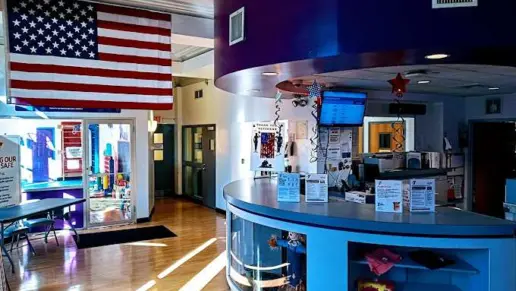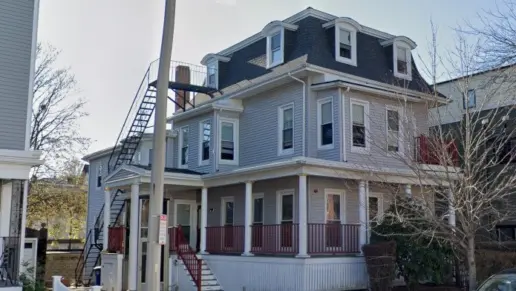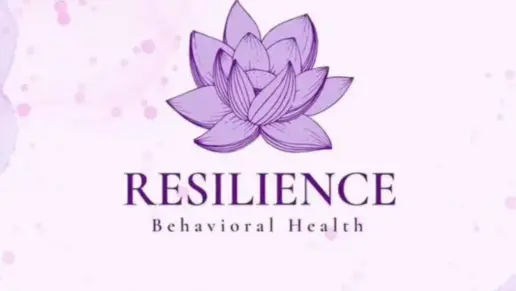I have to say that words don't really cover it. I am beyond the pale. Would it be that food were served that would sustain one everywhere. Alas, no please reconsider whatever is considered good nutrition and fabulous treatment - whoever you are, wherever you are, starting to ...
About Arbour – Fuller Hospital
Fuller Hospital is a private mental health hospital offering inpatient and outpatient programs for adults, adolescents, and children in Attleboro, Massachusetts. They provide psychiatric services, dual-diagnosis addiction treatment programs, and medication therapies.
Offering a range of addiction and mental health disorder treatments, Fuller Hospital is a psychiatric facility that provides dual-diagnosis programs, which include clinical assessments and treatment planning for substance use disorders and co-occurring mental health disorders, medication-assisted treatment, residential treatment, counseling, intensive outpatient, mental health outpatient, medication-management, and telehealth.
Fuller Hospital specially trained and licensed clinicians conduct mental health assessments to evaluate patients for substance use disorders and/or co-occurring mental health conditions and make a formal diagnosis. The biopsychosocial assessment will inform a comprehensive, person-centered treatment plan designed for patients to overcome challenges, provide stabilization, and move through appropriate levels of care.
The outpatient clinic treats addiction and/or other co-occurring conditions. The program includes a thorough diagnostic evaluation, individualized treatment planning, individual and group counseling, medication management, CBT, and psychoeducation. It may also involve the use of MAT (also called psychopharmacotherapy). Outpatient sessions are held several days per week, depending upon the individual’s circumstances.
The PHP program at Fuller Hospital runs seven days per week from 9 am to 2 pm and offers intensive, structured, and short-term care for mental health disorders and/or substance use disorders. The program includes a diagnostic evaluation, peer support, case management, problem solving psychopharmacotherapy, individual and group counseling. The PHP program is available to adults and adolescents aged 12 to 17.
Fuller Hospital provides short term inpatient psychiatric services and dual diagnosis. Following a comprehensive evaluation, a psychiatrist will devise a customized treatment plan to support recovery. Treatments might include medication-assisted treatment (MAT), counseling, interventions, crisis management, family support, group therapy, and discharge to an outpatient program. Inpatient services are available to adults and adolescents aged 12 to 17.
The Activity Therapy Department at Fuller Hospital provides a range of evidence-based and holistic therapies to support the recovery process, including music therapy, art therapy, recreation therapy, counseling, pet therapy, active movement, creative coping, dance therapy, and more.
The MAT program includes counseling, support groups, and medication management in either an inpatient or outpatient setting. This program is appropriate for alcohol and substance use disorders and is available to men, women, pregnant and postpartum people. As clients progress and stabilize, in person office appointments tend to become less frequent.
Fuller Hospital provides a range of therapeutic treatments via telehealth, including partial hospitalization, in-home therapy, therapeutic monitoring, telehealth assessments, short-term day treatment for adolescents (called the Inspire program), and in-home therapy for children.
Fuller Hospital accepts Medicare, MassHealth, and most commercial insurance plans.
Facility Overview
Rehab Score
Gallery

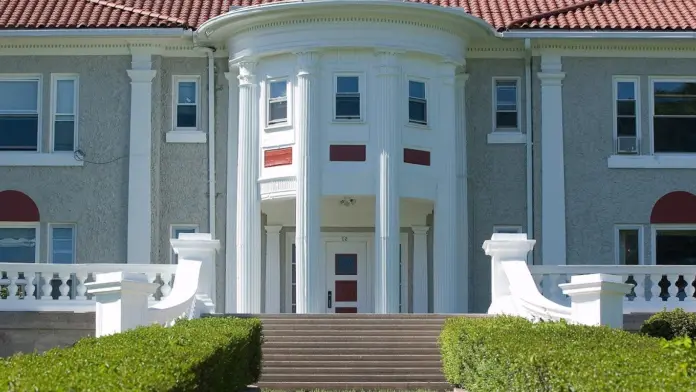
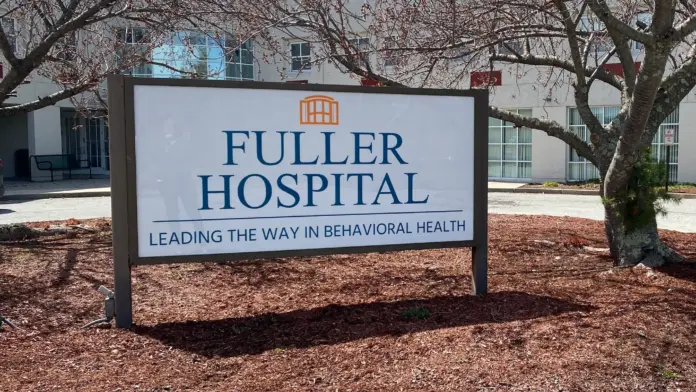
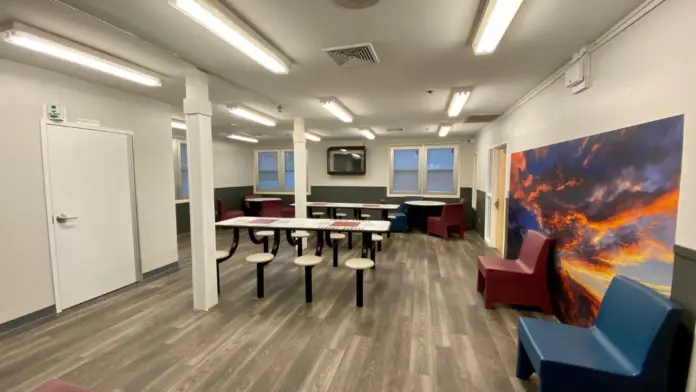
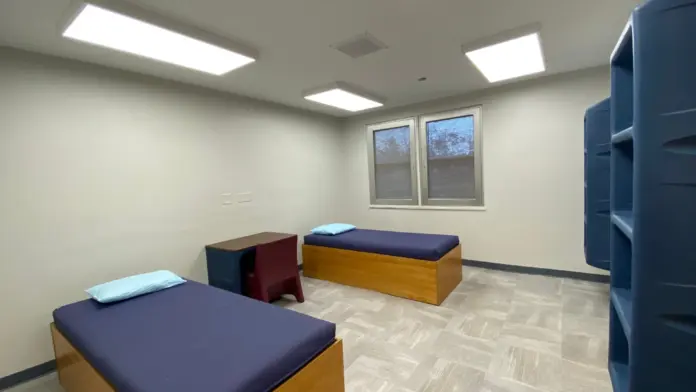
Location
Accepted Insurance




Other Forms of Payment
Private insurance refers to any kind of healthcare coverage that isn't from the state or federal government. This includes individual and family plans offered by an employer or purchased from the Insurance Marketplace. Every plan will have different requirements and out of pocket costs so be sure to get the full details before you start treatment.
Self-pay involves paying for treatment out of your own pocket. You can use savings or credit, get a personal loan, or receive help from family and friends to fund your treatment. If you don't have insurance or your insurance plan doesn't cover a specific program, self-pay can help ensure you still get the care you need.
Financial aid can take many forms. Centers may have grants or scholarships available to clients who meet eligibility requirements. Programs that receive SAMHSA grants may have financial aid available for those who need treatment as well. Grants and scholarships can help you pai for treatment without having to repay.
Military members, veterans, and eligible dependents have access to specific insurance programs that help them get the care they need. TRICARE and VA insurance can help you access low cost or no cost addiction and mental health treatment. Programs that accept military insurance often have targeted treatment focused on the unique challenges military members, veterans, and their families face.
Medicaid is a state based program that helps lower-income individuals and families pay for healthcare. Medicaid covers addiction treatment so those enrolled can use their coverage to pay for rehab. When a program accepts Medicaid the client often pays very little or nothing out of their own pocket.
Medicare is a federal program that provides health insurance for those 65 and older. It also serves people under 65 with chronic and disabling health challenges. To use Medicare for addiction treatment you need to find a program that accepts Medicare and is in network with your plan. Out of pocket costs and preauthorization requirements vary, so always check with your provider.
Sliding scale payments are based on a client's income and family size. The goal is to make treatment affordable to everyone. By taking these factors into account, addiction recovery care providers help ensure that your treatment does not become a financial burden to you or your family, eliminating one barrier to care.
Addiction Treatments
Levels of Care
Treatments
The goal of treatment for alcoholism is abstinence. Those with poor social support, poor motivation, or psychiatric disorders tend to relapse within a few years of treatment. For these people, success is measured by longer periods of abstinence, reduced use of alcohol, better health, and improved social functioning. Recovery and Maintenance are usually based on 12 step programs and AA meetings.
Addiction is a highly complex problem, and drug rehab in Massachusetts is often necessary to address it. These programs treat physical, mental, and relational issues that are involved. Treatment empowers individuals to manage these issues without the use of drugs.
Dual Diagnosis services offer a managed continuum of care designed to provide a comprehensive system of treatment and recovery from co-occurring psychiatric and substance disorders. Co-occurring psychiatric and substance disorders are treated simultaneously with a clear recognition that stabilization/arresting of the addiction is the most immediate concern upon the patient’s entering treatment.
A combined mental health and substance abuse rehab has the staff and resources available to handle individuals with both mental health and substance abuse issues. It can be challenging to determine where a specific symptom stems from (a mental health issue or an issue related to substance abuse), so mental health and substance abuse professionals are helpful in detangling symptoms and keeping treatment on track.
Opioid rehabs specialize in supporting those recovering from opioid addiction. They treat those suffering from addiction to illegal opioids like heroin, as well as prescription drugs like oxycodone. These centers typically combine both physical as well as mental and emotional support to help stop addiction. Physical support often includes medical detox and subsequent medical support (including medication), and mental support includes in-depth therapy to address the underlying causes of addiction.
Programs



Clinical Services
Cognitive Behavioral Therapy (CBT) is a therapy modality that focuses on the relationship between one's thoughts, feelings, and behaviors. It is used to establish and allow for healthy responses to thoughts and feelings (instead of unhealthy responses, like using drugs or alcohol). CBT has been proven effective for recovering addicts of all kinds, and is used to strengthen a patient's own self-awareness and ability to self-regulate. CBT allows individuals to monitor their own emotional state, become more adept at communicating with others, and manage stress without needing to engage in substance abuse.
Whether a marriage or other committed relationship, an intimate partnership is one of the most important aspects of a person's life. Drug and alcohol addiction affects both members of a couple in deep and meaningful ways, as does rehab and recovery. Couples therapy and other couples-focused treatment programs are significant parts of exploring triggers of addiction, as well as learning how to build healthy patterns to support ongoing sobriety.
Creativity is inherently healing, and can help those in recovery express thoughts or feelings they might not otherwise be able to. Creative arts therapy can include music, poetry/writing, painting, sculpting, dance, theater, sandplay, and more. Unlike traditional art, the final product matters far less than the experience of creation and expression itself.
Dialectical Behavior Therapy (DBT) is a modified form of Cognitive Behavioral Therapy (CBT), a treatment designed to help people understand and ultimately affect the relationship between their thoughts, feelings, and behaviors. DBT is often used for individuals who struggle with self-harm behaviors, such as self-mutilation (cutting) and suicidal thoughts, urges, or attempts. It has been proven clinically effective for those who struggle with out-of-control emotions and mental health illnesses like Borderline Personality Disorder.
Experiential therapy is a form of therapy in which clients are encouraged to surface and work through subconscious issues by engaging in real-time experiences. Experiential therapy departs from traditional talk therapy by involving the body, and having clients engage in activities, movements, and physical and emotional expression. This can involve role-play or using props (which can include other people). Experiential therapy can help people process trauma, memories, and emotion quickly, deeply, and in a lasting fashion, leading to substantial and impactful healing.
Research clearly demonstrates that recovery is far more successful and sustainable when loved ones like family members participate in rehab and substance abuse treatment. Genetic factors may be at play when it comes to drug and alcohol addiction, as well as mental health issues. Family dynamics often play a critical role in addiction triggers, and if properly educated, family members can be a strong source of support when it comes to rehabilitation.
Group therapy is any therapeutic work that happens in a group (not one-on-one). There are a number of different group therapy modalities, including support groups, experiential therapy, psycho-education, and more. Group therapy involves treatment as well as processing interaction between group members.
In individual therapy, a patient meets one-on-one with a trained psychologist or counselor. Therapy is a pivotal part of effective substance abuse treatment, as it often covers root causes of addiction, including challenges faced by the patient in their social, family, and work/school life.
Life skills trainings involve all the skills a person must have in order to function successfully in the world. These include time management, career guidance, money management, and effective communication. Truly successful addiction recovery is based on the ability to not only live substance-free, but to thrive. Life skills teaches the practical necessities of functioning in society, which sets clients up for success in life, and therefore sobriety.
Trauma therapy addresses traumatic incidents from a client's past that are likely affecting their present-day experience. Trauma is often one of the primary triggers and potential causes of addiction, and can stem from child sexual abuse, domestic violence, having a parent with a mental illness, losing one or both parents at a young age, teenage or adult sexual assault, or any number of other factors. The purpose of trauma therapy is to allow a patient to process trauma and move through and past it, with the help of trained and compassionate mental health professionals.
Amenities
-
Residential Setting
-
Private Setting
Staff & Accreditations
Staff
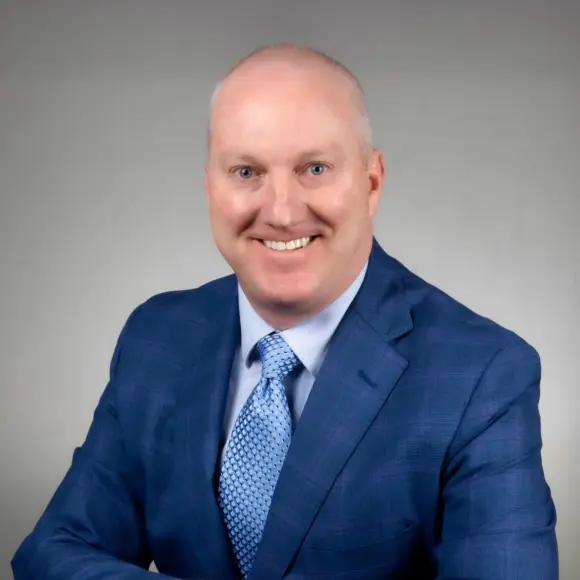
Chief Executive Officer
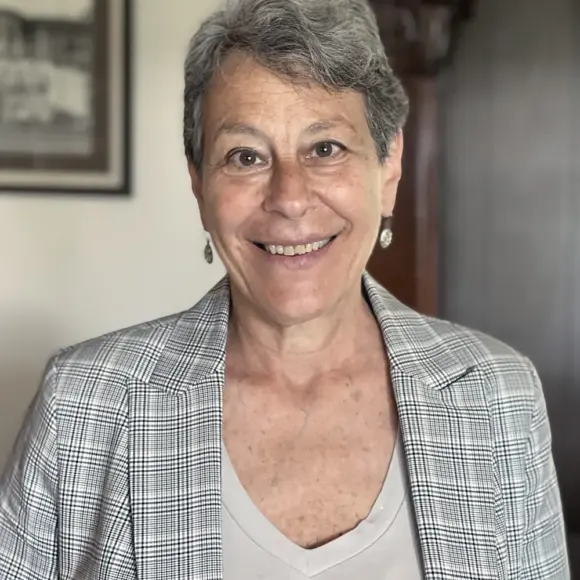
Director of Clinical Services
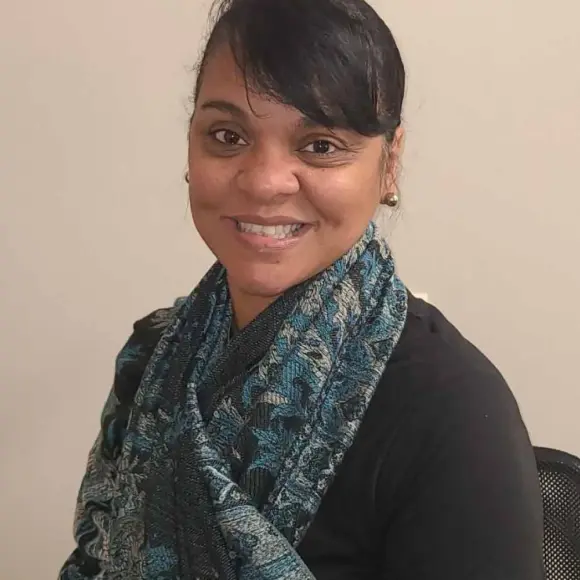
Assistant Director of Nursing
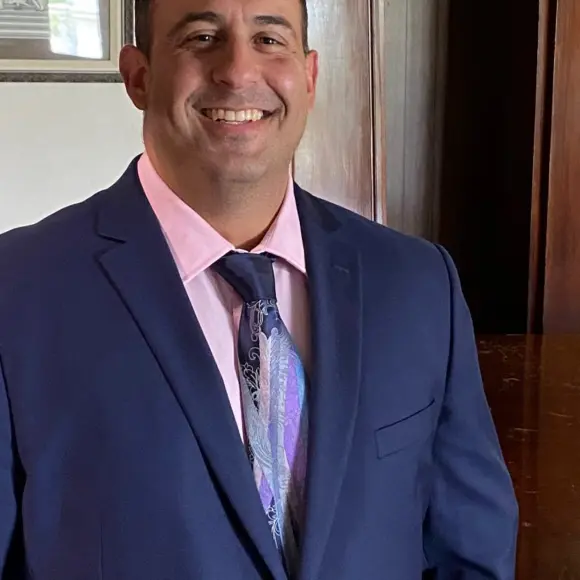
Director of Nursing

Chief Medical Director
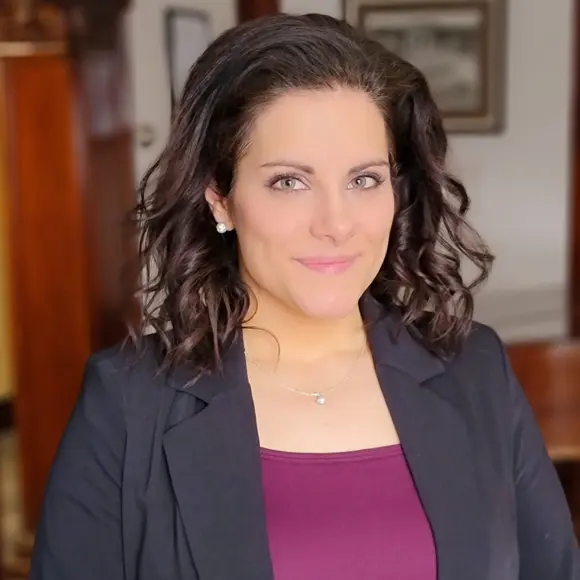
Director of Outpatient Services
Accreditations

The Joint Commission, formerly known as JCAHO, is a nonprofit organization that accredits rehab organizations and programs. Founded in 1951, the Joint Commision's mission is to improve the quality of patient care and demonstrating the quality of patient care.
Joint Commission Accreditation: Yes
Contact Information
200 May Street
Attleboro, MA 02703






